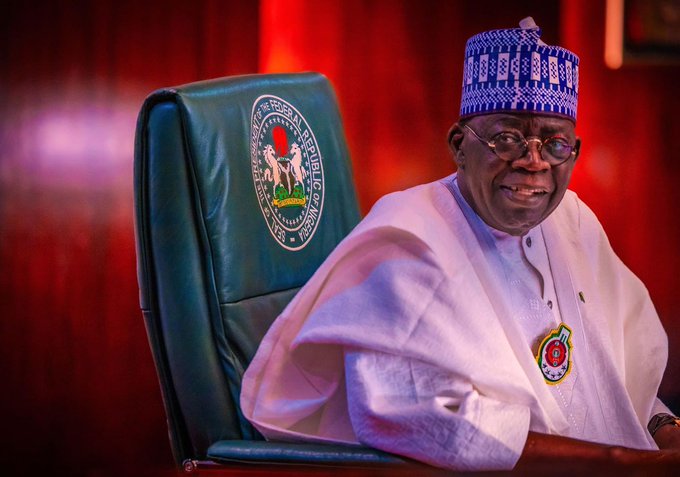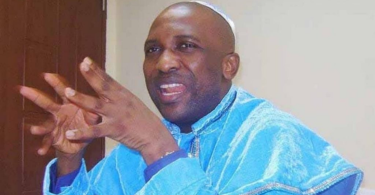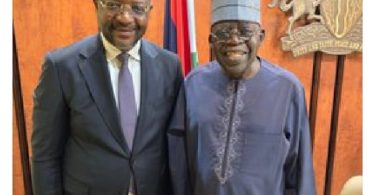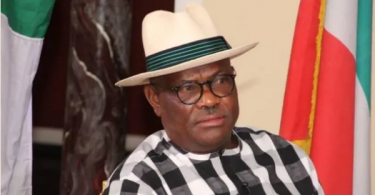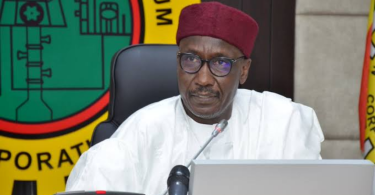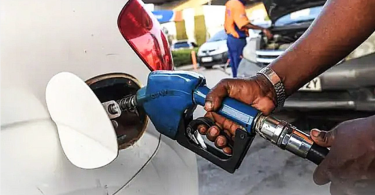New Minimum Wage Will Take Effect From May 1, 2024 – FG
The Federal Government has affirmed that the eagerly anticipated increase in the minimum wage will come into effect from May 1, 2024, despite ongoing negotiations within the Tripartite Committee On National Minimum Wage. The Minister of State for Labour, Nkeiruka Onyejeocha, made this announcement during the May Day celebration in Abuja, reassuring workers that their interests are being prioritized.
Acknowledging the delay in finalizing the new wage structure, Minister Onyejeocha emphasized the ongoing consultations aimed at ensuring the timely release of the document. The demand for a substantial raise in the minimum wage has been a recurrent call from both the Nigeria Labour Congress (NLC) and the Trade Union Congress (TUC), citing the escalating economic pressures faced by workers across the nation.
With the current minimum wage of N30,000 deemed insufficient to sustain the average Nigerian worker amidst rising living costs, labor unions have advocated for a significant increase to N615,000. This push for a revised wage structure aligns with the Minimum Wage Act of 2019, which mandates periodic reviews to align with economic realities.
President Bola Tinubu, through Vice President Kashim Shettima, commended the invaluable contributions of Nigerian workers to the nation’s progress during the 2024 Workers’ Day celebration in Abuja. Assuring workers of the government’s commitment to their welfare, President Tinubu affirmed the administration’s openness to receiving recommendations from the wage committee.
Amidst challenges such as petrol scarcity and economic uncertainties, Nigerian workers continue to champion their rights for better remuneration and improved welfare packages. As the nation marks yet another Workers’ Day, the spotlight remains on the government’s pledge to prioritize the well-being and advancement of its workforce.
In conclusion, while the awaited increment in the minimum wage signifies a positive step towards addressing workers’ concerns, sustained dialogue and proactive measures are essential to ensuring the economic prosperity and social stability of the Nigerian workforce.

